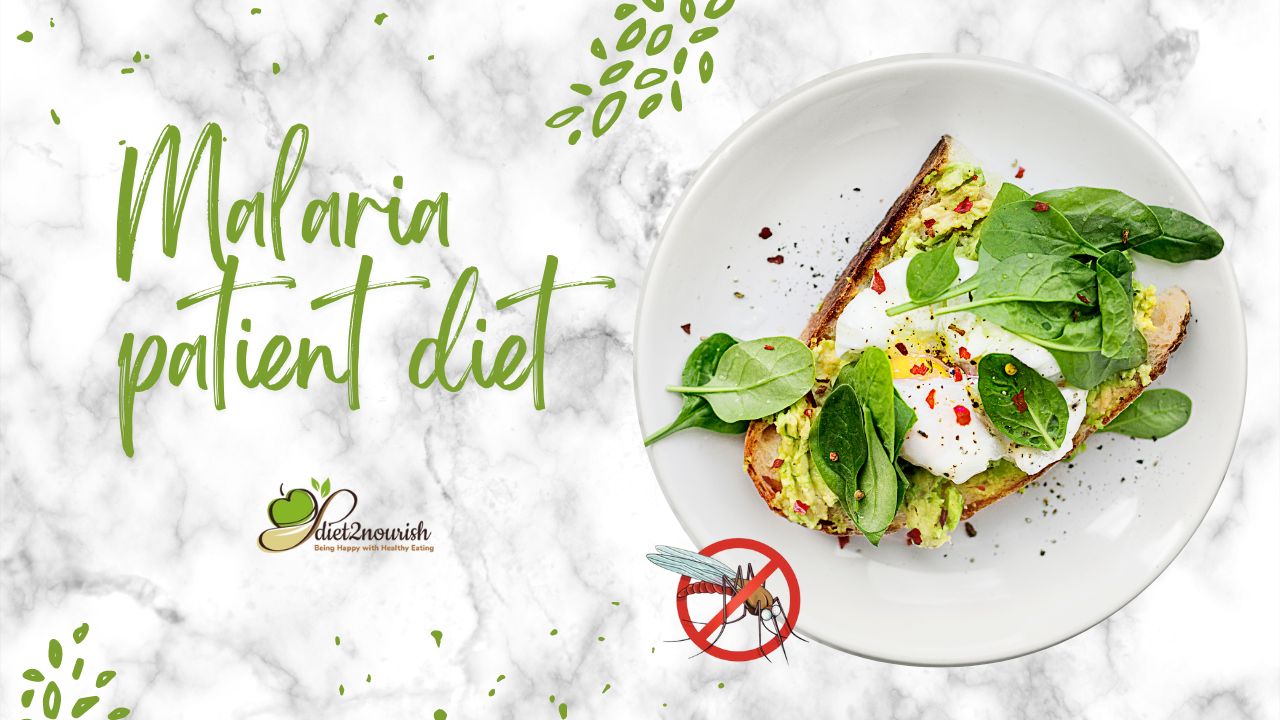Malaria is a serious disease caused by a parasite that is transmitted to humans through the bite of infected mosquitoes. While there is no specific diet to cure malaria, a balanced and nutritious diet can help support the body's immune system and aid in recovery.
During a malaria infection, the body can become weakened and lose essential nutrients. Therefore, it is important to consume foods that are rich in nutrients, such as protein, vitamins, and minerals. A well-balanced diet can also help prevent additional health problems, such as malnutrition and dehydration.
Below is a sample malaria diet chart that includes a variety of nutrient-rich foods to support the body's immune system during and after a malaria infection:
Breakfast:
Mid-morning snack:
Lunch:
Afternoon snack:
Dinner:
Before bedtime snack:
In addition to the foods listed above, it is important to stay hydrated during a malaria infection. Drinking plenty of water, herbal teas, and fruit juices can help prevent dehydration and support the body's immune system.
It is also important to avoid certain foods during a malaria infection. Alcohol, caffeine, and sugary drinks can dehydrate the body and weaken the immune system. Additionally, processed and fried foods can be difficult to digest and may not provide the essential nutrients needed for recovery.
In summary, a balanced and nutrient-rich diet can help support the body's immune system during and after a malaria infection. The sample malaria diet chart listed above provides a variety of nutrient-dense foods to include in your daily meals and snacks. It is important to stay hydrated and avoid foods that may weaken the immune system during a malaria infection. As always, consult with a healthcare provider or registered dietitian for personalized nutrition advice and recommendations.
